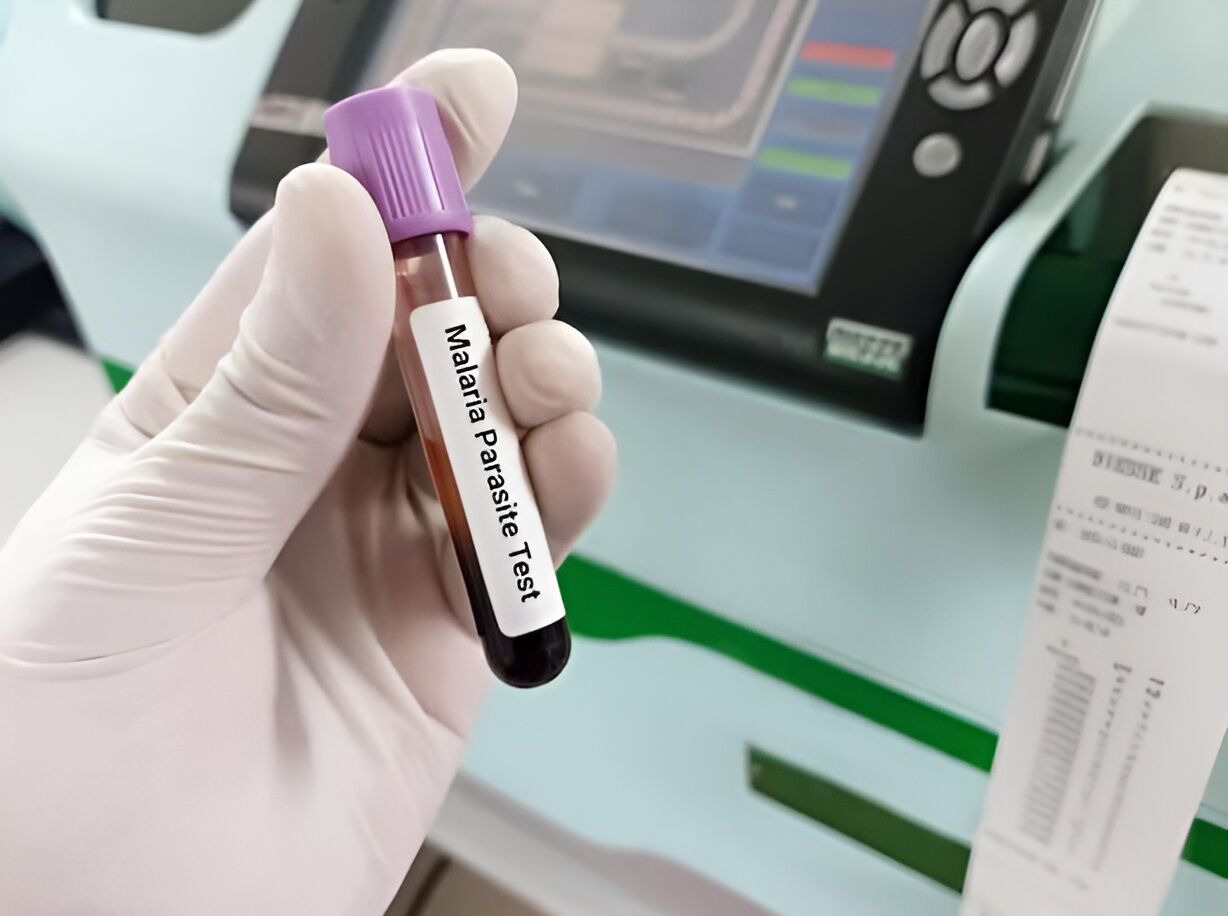Malaria still a threat to Thailand as 8,999 cases reported so far in 2024

The malaria situation in Thailand remains a significant public health concern, with 8,999 cases reported from January 1 to June 9, 2024. The Department of Disease Control, Ministry of Public Health, highlighted the ongoing threat malaria poses, affecting both local Thai residents and foreign populations. This is critical as Thailand continues its efforts to eradicate the disease. The current rainy season is expected to contribute to a further rise in malaria cases as the climate is favourable for the vectors carrying the disease i.e., an increase in mosquito breeding during the rainy season.
Provincial breakdown
The data provided by the Department of Disease Control reveals that the malaria burden is unevenly distributed across the country. The provinces most affected are predominantly those that along the Thai-Myanmar border:
- Tak: 4,048 cases
- Kanchanaburi: 1,102 cases
- Mae Hong Son: 956 cases
- Prachuap Khiri Khan: 955 cases
- Ratchaburi: 500 cases
The infections are mainly caused by Plasmodium vivax (93.6%) and Plasmodium falciparum (5%). The majority of cases are in the age group of 25-44 years, particularly among those working in the agriculture and labour sectors.
Interestingly, the northern border areas report more foreign patients than Thais, whereas the western border areas show the opposite trend.
Intensifying eradication efforts
On July 8, 2024, the Subcommittee on Accelerating Malaria Elimination from the Department of Disease Control convened to address the pressing issue. The committee resolved to:
- Expand operations: Increase efforts to eliminate malaria and its vectors in four additional provinces: Chumphon, Ranong, Chiang Mai, and Chiang Rai.
- Appoint additional personnel: Include governors of the four provinces and inspectors from the Ministry of Public Health in areas 1, 2, 5, and 11 to get involved in malaria eradication efforts.
- Enhance detection capabilities: Support provincial public health offices in training village health volunteers (VHV) to use rapid test kits (RDT) for malaria detection.
- Open public health operation Centres: Establish district-level centres in high-risk areas to mobilise resources for malaria management.
Monitoring and prevention
Dr Thongchai Keerati Hatthayakorn, Director-General of the Department of Disease Control, emphasised the need to monitor malaria-free provinces to prevent re-infection. In 2024, four provinces previously declared malaria-free – Nakhon Si Thammarat, Satun, Chiang Mai, and Loei – reported new cases. A strategic plan is necessary to curb the movement of foreign populations bringing the disease into these areas.

Accelerating reduction targets
Dr Niti Hetanurak, Deputy Director-General of the Department of Disease Control, outlined an accelerated plan to reduce malaria cases in Thailand within three months (July to September 2024). The plan involves the ‘1-3-7’ measures:
- 1 day: Report patients within one day.
- 3 days: Investigate individual cases within three days.
- 7 days: Control mosquito vectors and communicate risks within seven days.
Additionally, the ‘6+1’ measures aims to:
- Increase proactive patient searches in communities.
- Expand access to community malaria screening and treatment services.
- Quickly respond to outbreaks.
- Control mosquito vectors comprehensively.
- Follow up on medication intake and treatment results.
- Continuously monitor and evaluate results.
- Support new tools, innovations, guidelines, manuals, and medical equipment.
These measures will be implemented in the six provinces with high fever cases and the four provinces with newly reported cases to reduce malaria in Thailand’s incidence urgently.
Public health advice
Dr Chanthana Phdungthat, Director of the Vector-Borne Diseases Division, advised the public to be vigilant. Malaria, caused by the protozoan Plasmodium spp., manifests through symptoms such as fever, chills, headache, and muscle aches. Immediate medical attention is crucial for those exhibiting symptoms or having a history of travel in malaria-prevalent areas. Adherence to prescribed medication and follow-up visits are essential to ensure complete recovery.
If you are concerned about Malaria and need a screening or a good deal with hospitals and clinics, MyMediTravel will help you ease your concerns.
Latest Thailand News
Follow The Thaiger on Google News:


























